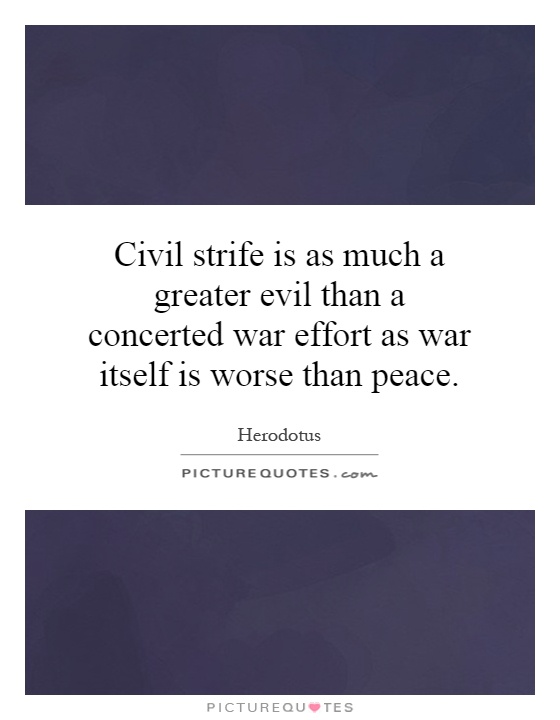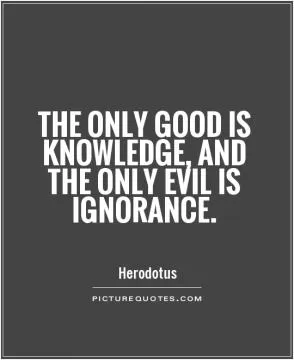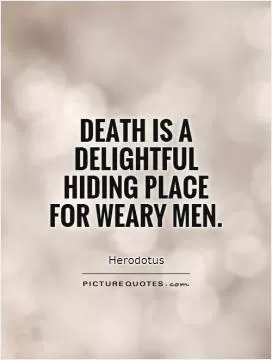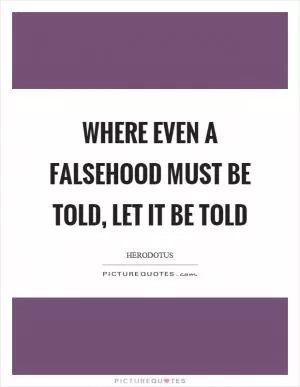Civil strife is as much a greater evil than a concerted war effort as war itself is worse than peace

Civil strife is as much a greater evil than a concerted war effort as war itself is worse than peace
In the context of Herodotus, the Greek historian often referred to as the "Father of History," the idea that civil strife is as much a greater evil than a concerted war effort as war itself is worse than peace is a concept that is deeply ingrained in his writings. Herodotus was a keen observer of human nature and the consequences of conflict, both internal and external, on societies and individuals.One of the key themes in Herodotus' work is the destructive nature of civil strife. He frequently recounts stories of internal conflicts within Greek city-states, such as the rivalry between Athens and Sparta, or the power struggles within Persian dynasties. Herodotus shows how these internal divisions weaken societies, leading to chaos, bloodshed, and ultimately, the downfall of once-great civilizations.
Herodotus also emphasizes the toll that civil strife takes on individuals, families, and communities. He describes how friends and neighbors turn against each other, how trust is eroded, and how fear and suspicion become the norm. In Herodotus' view, civil strife is a cancer that eats away at the fabric of society, sowing seeds of discord and destruction that can take generations to heal.












 Friendship Quotes
Friendship Quotes Love Quotes
Love Quotes Life Quotes
Life Quotes Funny Quotes
Funny Quotes Motivational Quotes
Motivational Quotes Inspirational Quotes
Inspirational Quotes